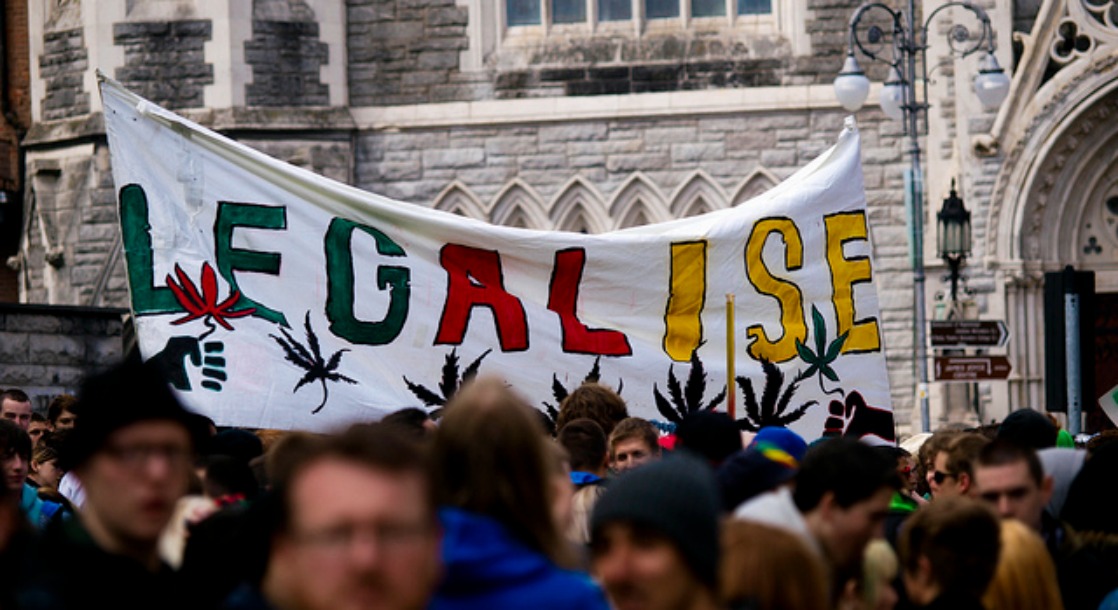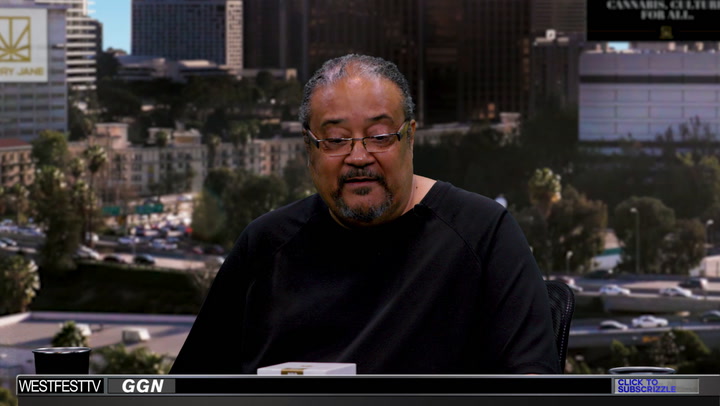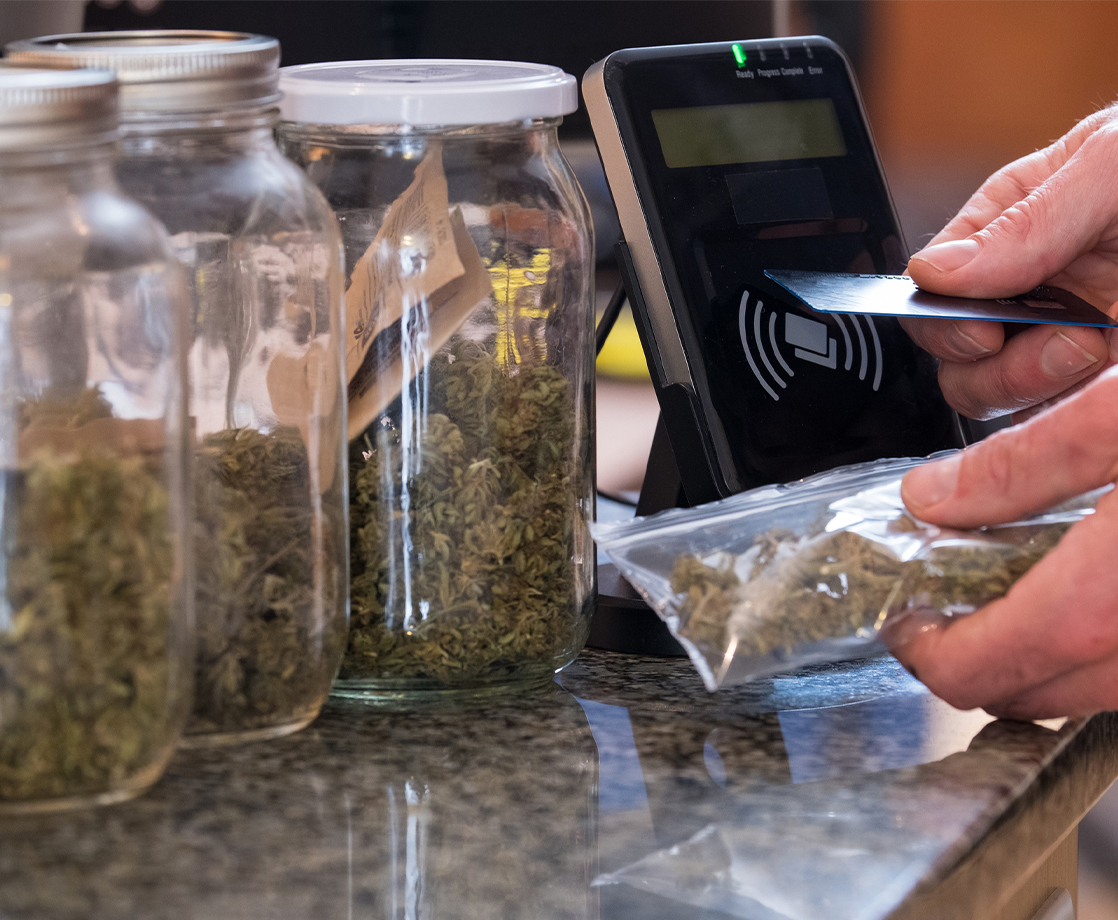A pair of new reports from the Drug Policy Alliance (DPA) are set to release today, with the legalization-friendly advocacy group calling for an end to all drug-related arrests, citations and incarceration. The influential group will compound the decriminalization decree with a confrontation of the New York City Police Department’s continued racist policing of cannabis crimes, even after Mayor Bill de Blasio claimed that those days were over.
In the decriminalization report, the Drug Policy Alliance argues that a move away from incarceration and towards health-care based drug policies would create a safer and less oppressive society on a whole. If drug users weren’t afraid of ending up behind bars, chances are they’d be more likely to look for safer ways to use.
“Removing criminal penalties for drug use and possession will increase opportunities for people to get help,” Emily Kaltenbach, senior director of national criminal justice strategy at the Drug Policy Alliance said. “Today, people who need drug treatment or medical assistance may avoid it in order to hide their drug use. If we decriminalize drugs, people can come out of the shadows and get the help they need.”
The report details America’s love affair with the war on drugs, how over 1.2 million people are arrested every year for small-scale drug possession, and how on any given night of the year over 133,000 people go to sleep in jail for those same minor offenses, nearly half of them sitting behind bars before they’ve even gone through a trial.
Over 30 of the world’s most influential health organizations and policy pushers, including the World Health Organization, International Red Cross, NAACP and the American Public Health Association, have put their public support behind the nationwide decriminalization effort, which calls for a total end to small scale drug policing, or in the words of the DPA, “nobody gets arrested, goes to jail or prison, or faces criminal punishment simply for possessing a small amount of a drug for personal use.”
In the Drug Policy Alliance’s second report, “Unjust and Unconstitutional: 60,000 Jim Crow Marijuana Arrests in Mayor de Blasio’s New York,” the group dives into how those possession arrests disproportionately affect the lives of people of color in the country’s biggest city. And while New York City Mayor Bill de Blasio famously took credit for “ending arrests for low-level possession of marijuana” earlier this year, the DPA report contradicts the politicians claims, with statistics saying that 85% of the city’s 60,000 possession charges were filed against black or latin New Yorkers.
In the city’s whitest boroughs, the cannabis policing gap is even starker, despite data that says white people smoke more weed than any other racial group. In Manhattan black New Yorkers are ten times more likely to be arrested for marijuana possession than their white peers, and on Staten Island that disparity jumps to fifteen to one. The NYPD’s racist policing speaks to exactly why the DPA and their partner organizations are calling for an end to U.S. drug arrests.
“Our current laws have branded tens of millions of people with a lifelong criminal record that makes it hard to get a job or an apartment,” Art Way, senior director of national criminal justice strategy at the Drug Policy Alliance, said. “The experience of the last few decades shows that criminalization has been utterly ineffective in reducing problematic drug use.”
“Decriminalizing drug use would be a huge step toward eliminating racial disparities in law enforcement,” Way added.
Of course, calling for a large-scale end to narcotics prohibition definitely isn’t going to go over well with everyone. The anti-cannabis legalization group Smart Approaches to Marijuana (SAM) has already released a response to the DPA report, even before it has been officially released.
“We cannot incarcerate our way out of our nation’s drug problem,” said Kevin Sabet, President of SAM. “But the legalization and decriminalization of heroin and meth – which is the goal of groups like DPA – are not serious alternatives to current drug policy…It’s a simple fact that no community in America would be healthier or safer with more people using meth, heroin, cocaine, or marijuana and there are smarter drug policy alternatives that communities should consider instead”
But while the DPA cited concrete prison statistics and proof of the racist policing reality that black and brown Americans are forced to live with, SAM only provided one statistic, from the Jeff Sessions-led U.S. Department of Justice claiming that drug use costs American taxpayers more than $193 billion every year. What SAM failed to mention, is that the DOJ study uses data from 2007 and accounts for $120 billion of that loss to “lost productivity” caused by drugs.
We’re guessing that a significant of that “lost productivity” stems from people being stuck behind bars, unable to contribute to the society thanks to discrimatory policing and draconian drug possession laws.











